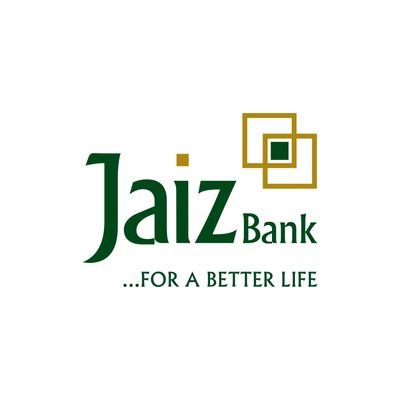Understanding the Schengen Area
The name Schengen comes from a town in southeastern Luxembourg, where France, Germany, Belgium, Luxembourg, and the Netherlands signed the original Schengen Agreement in 1985.
The 29 countries in Schengen include Germany, Austria, Belgium, Croatia, the Czech Republic, Denmark, Estonia, Finland, France, Greece, Hungary, Iceland, Italy, Latvia, Liechtenstein, Lithuania, Luxembourg, Malta, the Netherlands, Norway, Poland, Portugal, Slovakia, Slovenia, Spain, Sweden, Bulgaria, Romania, and Switzerland.
Individuals possessing Schengen visas (indicated as “valid for Schengen states” in the language of the issuing country) are permitted to stay in the Schengen area for a maximum of 90 days within any 180 days, given that their visa remains valid during their stay. Similarly, this rule applies to holders of the majority of national residence permits and national category D visas issued by specific Schengen states for extended visits exceeding three months. It’s important to note that a distinct visa may be necessary to travel to other EU states that are not part of the Schengen area.
Countries with the Highest Approval Rates for Schengen Visas
For prospective applicants seeking insights into countries with the highest approval rates for Schengen visas, the following list provides valuable information:
- Switzerland: 10.7%
- Latvia: 11.7%
- Italy: 12%
- Luxembourg: 12.7%
- Lithuania: 12.8%
- Slovakia: 12.9%
- Germany: 14.3%
- Austria: 14.3%
- Greece: 14.7%
- Iceland with only a 2.2 per cent rejection rate
Variance in Visa Rejection Rates
The 2023 Schengen Visa Statistics demonstrate a notable disparity in visa rejection rates across diverse countries. Prospective applicants should bear this in mind while strategising their visa applications, as choosing countries with lower rejection rates can substantially boost the likelihood of a successful application.
Countries with High Visa Denial Rates
In 2024, applicants need to take note of the elevated rejection rates in specific countries. In 2023, Malta recorded a rejection rate of 37.6%, marking it as the country with the highest visa denial rate. Close behind were Estonia, with a rejection rate of 33.1% and Belgium at 26.5%. Sweden and Croatia also reported relatively high rejection rates, reaching 23.1% and 20% respectively. The average rejection rate across all member states in 2023 was 54.2%.
Best Options for Obtaining a Schengen Visa in 2024
Based on current data, Germany is a favourable choice for securing a multiple-entry Schengen visa in 2024. The country’s efficient visa processes and approval rates make it an attractive option for travellers seeking flexibility in their Schengen travels.
Furthermore, recent developments indicate that Germany is introducing new migration measures to facilitate Romania’s full accession to the Schengen area. These measures are expected to streamline the visa process for Romanian citizens and enhance cooperation between the two countries in the context of Schengen membership.
Importance of Selecting the Right Schengen Travel Insurance Policy
Ensuring the selection of an appropriate Schengen travel insurance policy is essential in avoiding visa denials stemming from insurance-related issues. Applicants should prioritise comprehensive coverage that meets the specific requirements of the Schengen area, including sufficient medical coverage and repatriation in case of emergencies. Thoroughly understanding the terms and conditions of the chosen insurance policy is crucial for a successful visa application process.
In addition to the insurance aspect, applicants should remain vigilant about common pitfalls encountered during the visa application process. These may include incomplete documentation, insufficient proof of financial means, or inadequate travel itinerary details. By proactively addressing these potential stumbling blocks, applicants can significantly reduce the risk of visa rejection.
Future Changes in the Visa Application Process
By mid-2025, an estimated 1.4 billion travellers will be mandated to apply for an ETIAS (European Travel Information and Authorisation System) before embarking on journeys to the EU. This system aims to enhance security and facilitate smoother entry processes for visitors.
Notably, the EU is actively developing an ETIAS mobile app, set to debut by mid-2025, with the intention of streamlining the application process and providing greater accessibility for travelers.
Furthermore, the countries mentioned have demonstrated commendable approval rates for Schengen visas, presenting potential applicants with advantageous options to consider for their visa applications in 2024.

 2 months ago
38
2 months ago
38















 English (US) ·
English (US) ·